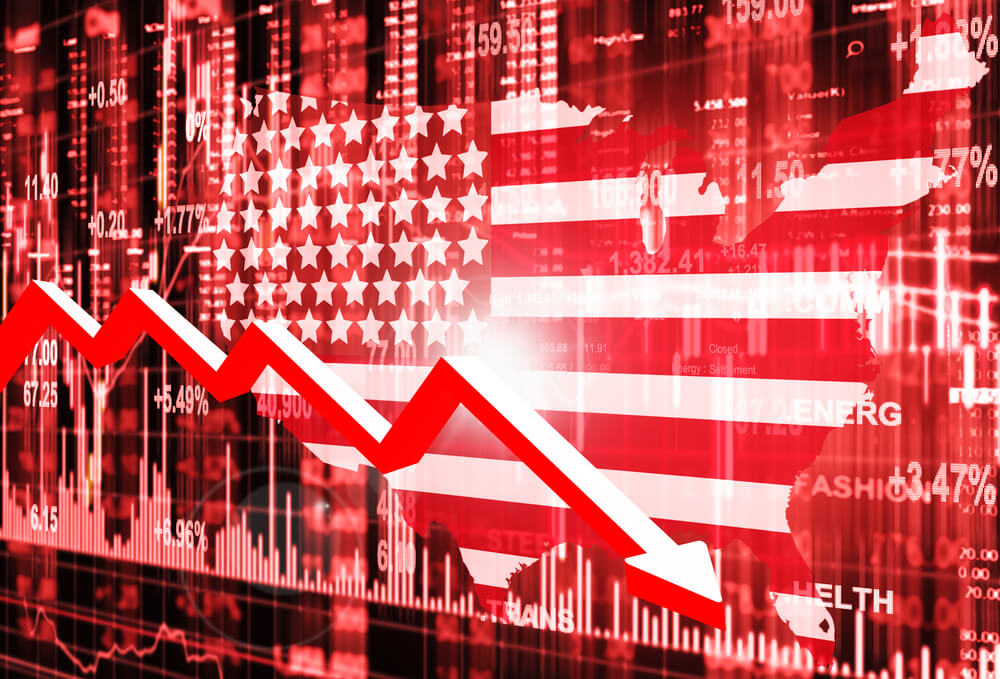President Donald Trump’s ongoing trade war with China and the government shutdown over his long-promised border wall have pushed the risk of recession to its highest level in six years, according to analysts surveyed by Bloomberg.
The analysts surveyed over the past week see a median 25 percent chance of a recession within the next 12 months, up from 20 percent in December’s survey. The Fed also is now expected to keep interest rates steady during the first quarter of 2019 instead of the previously planned hike. The projections still call for two more hikes in 2019, down from four hikes in 2018.
The median projection for growth in 2019 dipped to 2.5 percent from 2.9 percent in 2018 as the boost from the Tax Cuts and Jobs Act fades. A strong jobs market, rising wages and some lingering effects from the tax cuts are expected to buoy growth.
Per Bloomberg:
“It’s not our call that there’s a recession coming soon by any means, but financial conditions have tightened materially over the past two months, you have ongoing trade issues that are weighing on global growth, and you’re seeing business confidence waning a bit,” said Brett Ryan, a U.S. economist at Deutsche Bank AG. “The government shutdown weighs on business confidence and could weigh on consumer confidence.”
Ryan gave a 20 percent chance of recession, up from 12 percent in the December survey.
The shutdown has also delayed government data releases, such as retail sales and inventories, that investors and analysts use to assess the state of the economy. That puts more focus on companies such as retailers Macy’s Inc. and Kohl’s Corp., who gave disappointing reports on Thursday. Other figures from Johnson Redbook Research showed retail sales rising in recent weeks.Less optimism among consumers would build on financial-market concern about a broader slowdown. Sectors where interest rates have been rising, such as the auto industry, will likely take a hit, according to Barclays Plc chief U.S. economist Michael Gapen.
He said the trade war with China, which is contributing to overall slowing global trade and has raised prices for some U.S. companies, also is weighing on growth and increasing the risk of a downturn.
